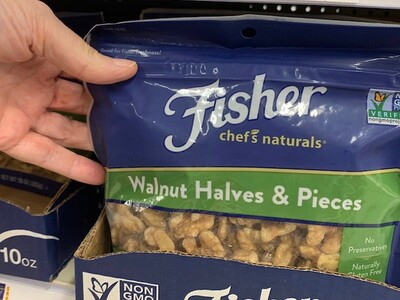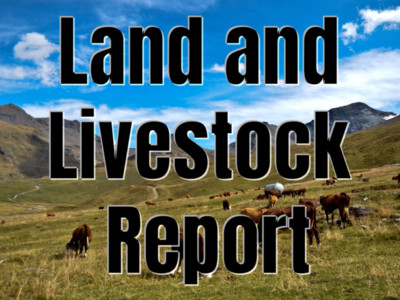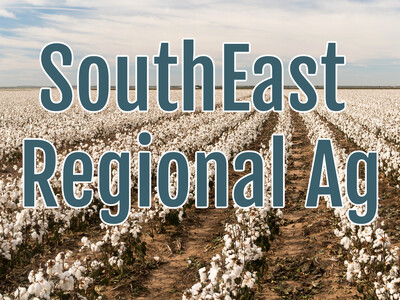Withdrawing Flawed Forest Plan
Withdrawing Flawed
Secretary of the Interior Ken Salazar announced Thursday that because the previous administration failed to follow established administrative procedure, he is withdrawing the Western Oregon Plan Revisions for logging in that area. Secretary Salazar says failure to consult on Section 7 of the Endangered Species Act left the plan indefensible against legal challenges.
SALAZAR: That decision to not complete section 7 consultation means that the plan itself, called the Western Oregon Plan Revision or WOPR, is based on a legally indefensible process. It will not stand up in court and if we attempted to defend it in court, it could lead to years of fruitless litigation, inaction and uncertainty. So now, despite five years of hard work by local and tribal communities, stakeholders and the dedicated men and women of the BLM and Fish and Wildlife Service, the late actions and decisions of the previous administration leave us no practical choice but to withdraw the records of decision for the
Secretary Salazar says timber sales will now be guided by the Northwest Forest Plan and that BLM and FWS will work to identify ecologically sound timber sales to keep mills in business.
SALAZAR: Timber prices are down, unemployment in some areas of western
Assistant Secretary for Fish and Wildlife and Parks, Tom Strickland said the federal government will conduct a thorough review of the spotted owl recovery plan.
STRICKLAND: We will insure that it is a recovery plan that lives up to its name and we will work with the scientific community to insure that the spotted owl recovery plan accounts for scientific and technical reviews by prominent national scientific organizations as well as forthcoming new data on the status of the spotted owl population. A solid peer reviewed recovery plan developed after a new public comment process will provide a roadmap for the spotted owl’s return to health, enabling us to designate critical habitat areas and to help develop a forest management plan that meaningfully contributes to its recovery.
That’s today’s Line On Agriculture. I’m Greg Martin on the Northwest Ag Information Network.

















